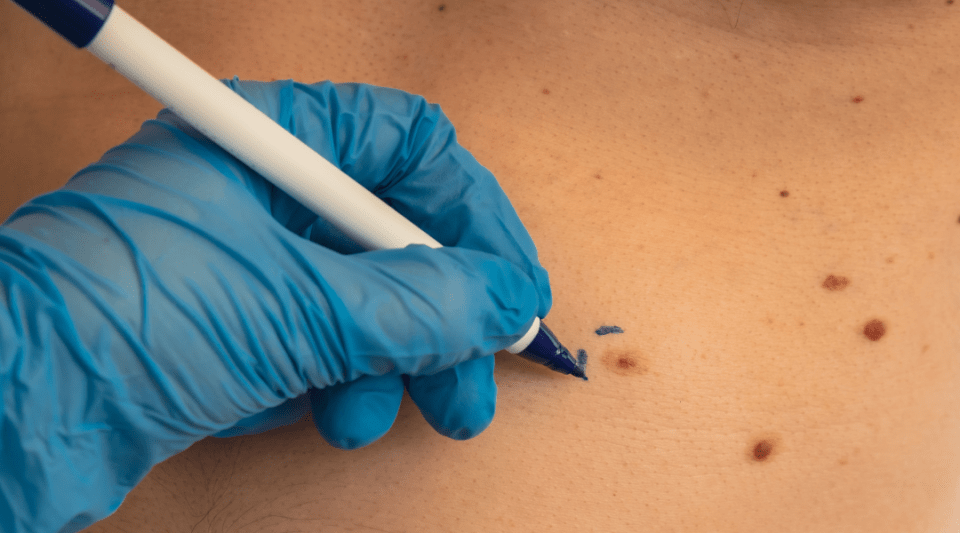Since the start of the pandemic, analysis of patients with COVID-19 has identified conditions that increase the risk of contracting the infection, as well as a worse outcome, such as requiring admission to the intensive care unit (ICU), or death. Thanks to countless studies on the matter, we know that the factors most strongly associated with a poor prognosis are: older age, being male, and having chronic diseases such as hypertension, diabetes or COPD.
Chronic diseases and treatment with immunosuppressive medication are generally associated with a greater risk of contracting viral infections, as well as a worse prognosis. These conditions are present in people with autoimmune diseases. However, a comprehensive study focusing on patients with autoimmune or immune-mediated inflammatory diseases had not yet been conducted.
The objective of this study (the result of a collaboration between 12 hospital departments, including Rheumatology, Autoimmune Diseases, Hepatology, Infectious Diseases, Gastroenterology, Neurology, Ophthalmology, Pneumology, Nephrology, Dermatology, Internal Medicine and Microbiology) was to analyse a sample of patients with different types of autoimmune disease who were admitted to Hospital Clínic for symptomatic SARS-CoV-2 infection. The aim was to determine which socio-demographic, clinical and therapeutic factors were associated with a worse disease outcome from COVID-19.
During the study period, 989 patients with SARS-CoV-2 infection were admitted to hospital, of whom 85 had an autoimmune or immune-mediated disease (1.3%). Inflammatory bowel disease, rheumatoid arthritis and psoriasis were the most common conditions. Almost 70% of the patients required hospitalisation, and 59 of them developed severe symptoms of COVID (acute respiratory distress syndrome (ARDS)). 25 were admitted to the ICU and required mechanical ventilation. A total of 13 died.
Compared to the control group, who did not have autoimmune diseases, the patients studied had a significantly lower risk of developing severe forms of COVID-19.
The researchers' hypotheses to explain this protective effect were, on the one hand, that it may be related to the immunomodulatory medication and low doses of corticosteroids used to treat these patients, or due to the vitamin D supplements they usually take. On the other hand, it may also be because this population has a better initial vaccination status, which can help prevent superinfections. And finally, it could be that patients with autoimmune diseases have been monitored more closely while in hospital due to their condition.
In conclusion, from the outcomes observed in this study, which are in line with the results of other investigations carried out in Italy and Germany, everything indicates that patients with autoimmune diseases present less severe forms of COVID-19. However, many questions remain, such as whether immunosuppressive drugs have a protective effect on the inflammatory response generated by SARS-CoV-2 infection. To prove this, further studies and long-term follow-up of patients are still needed.
Information documented by: Dr JA Gómez Puerta, Head of the Rheumatology Department at Hospital Clínic of Barcelon




